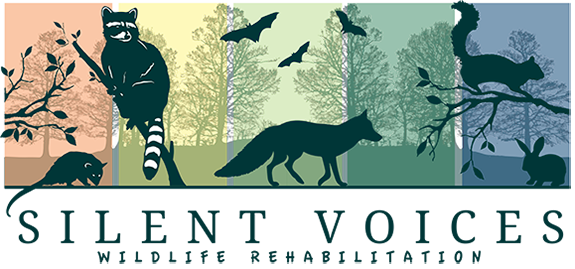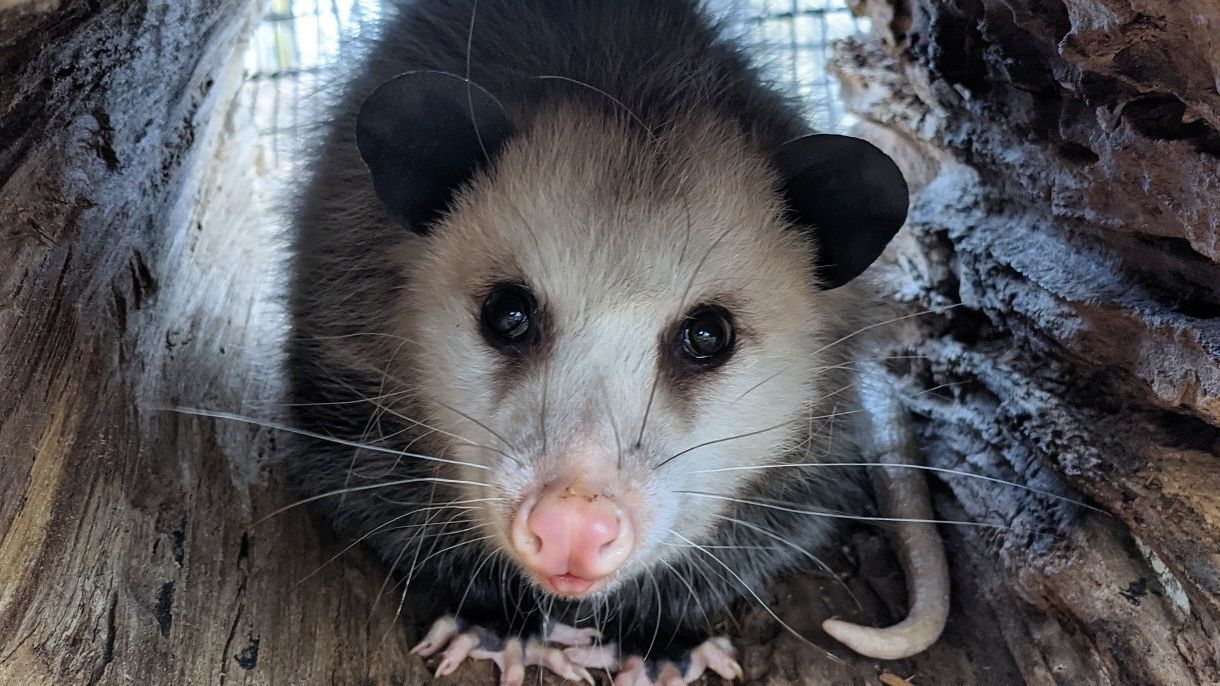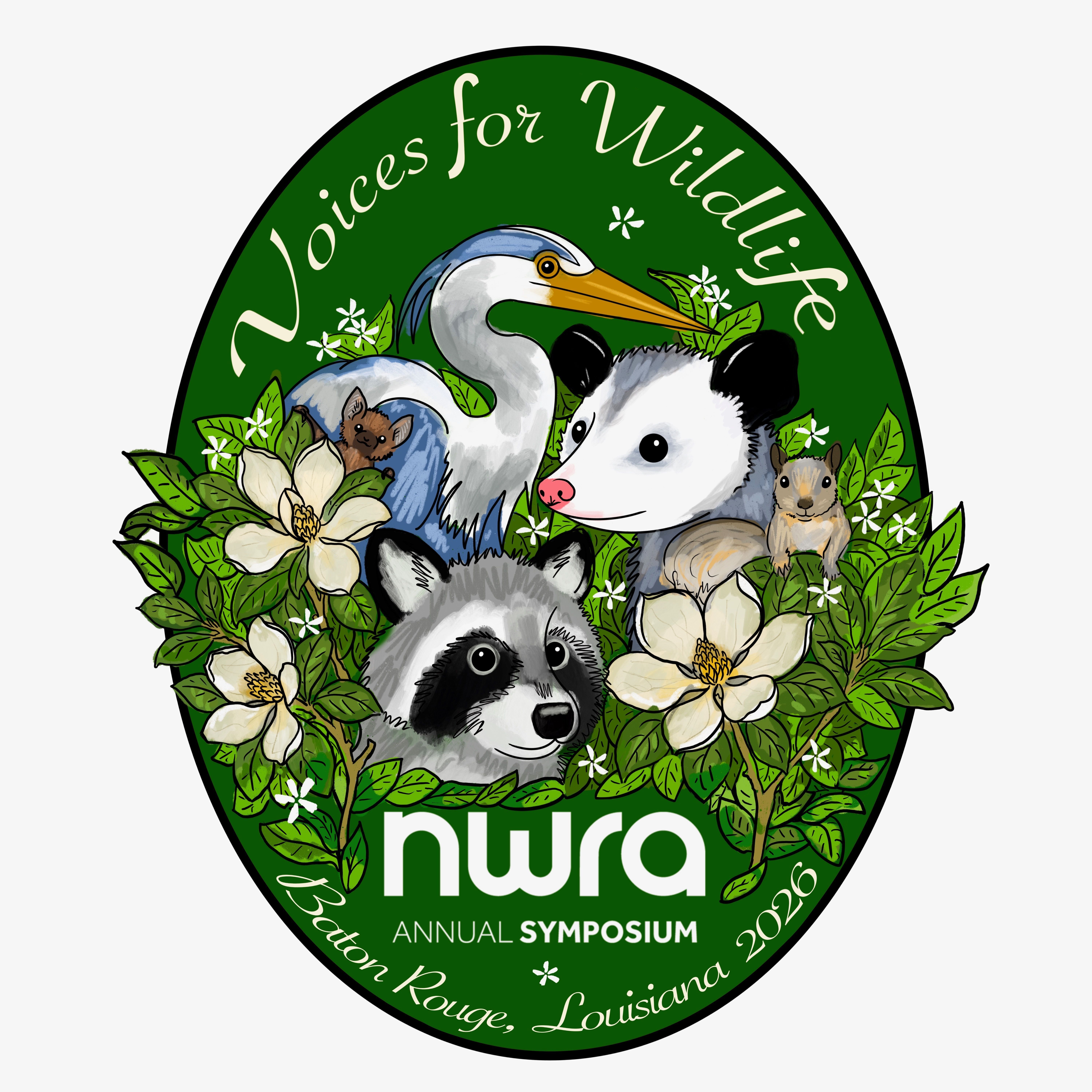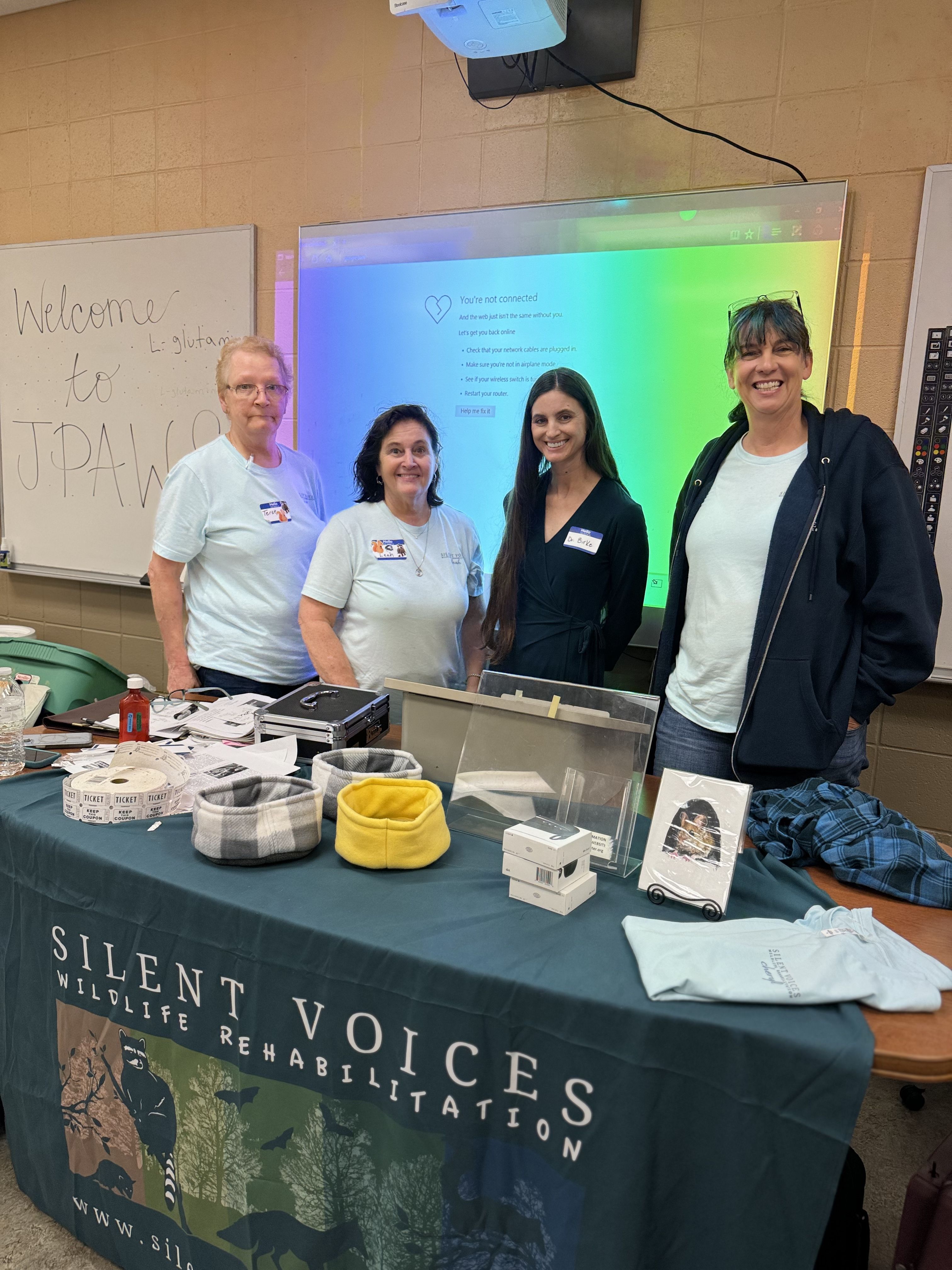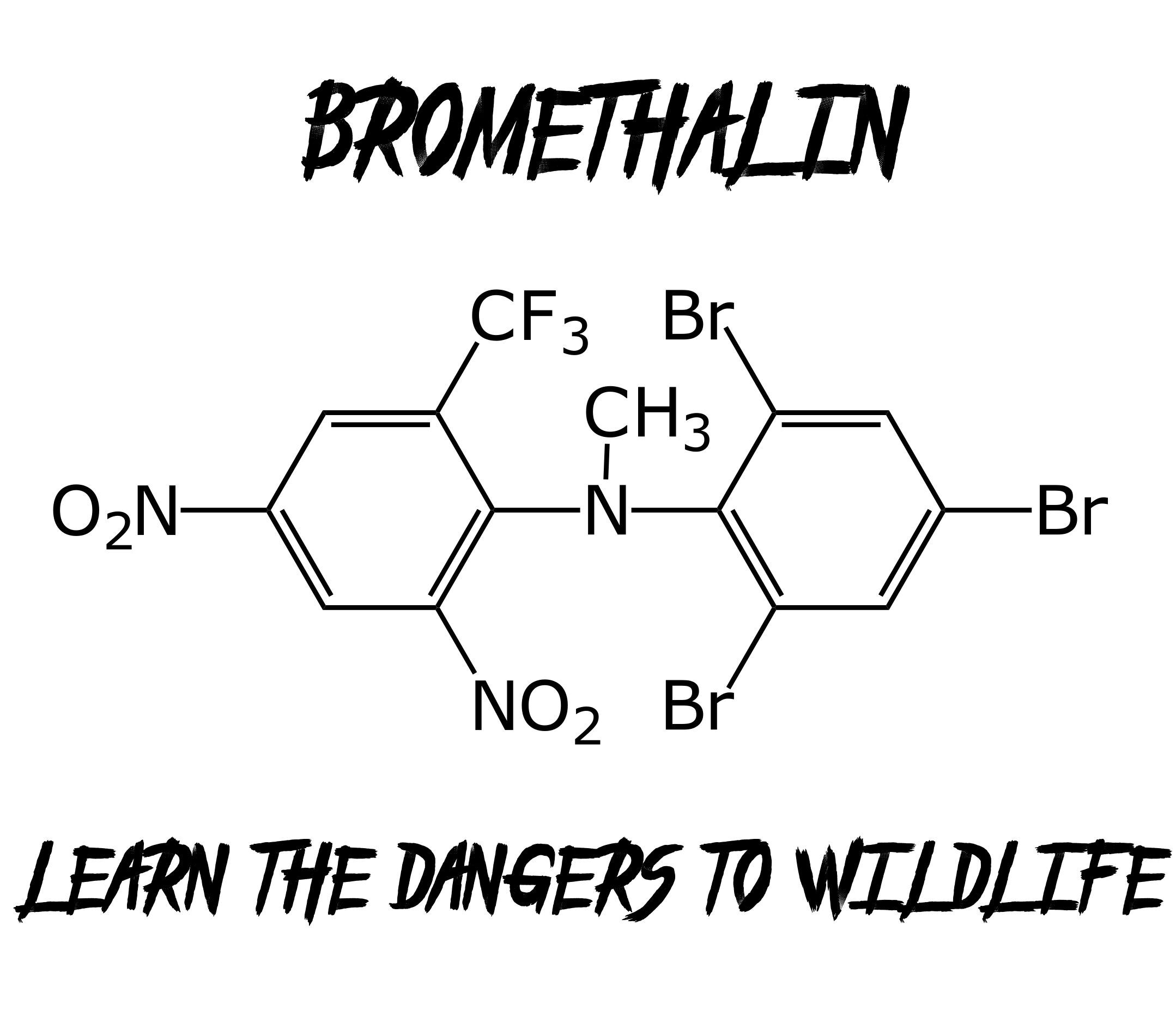
Earlier this spring I was asked to take in a very sick juvenile female raccoon that was found by a Good
Samaritan in her back yard. The youngster was observed in the woman’s back yard attempting to walk
but falling over each time it tried. When it did move, it seemed to turn in circles. The raccoon
(affectionately named “Scooter” by the rescuer’s daughter) was not very responsive to handling at the time of presentation but did seem very painful during a brief exam. Supportive therapy was immediately initiated and included fluids, external warming, and pain medication. She was kept in a dark, quiet place but monitored frequently. Unfortunately, four hours after presentation she displayed a massive, violent convulsion and died shortly thereafter. With such a rapid progression of clinical signs leading to sudden death, we felt it beneficial to achieve a definitive diagnosis so she was submitted for a post-mortem exam. Necropsy resulted in a diagnosis of bromethalin toxicity based on clinical signs, rapid death, minimal histological changes, and the presence of bright green feces in the colon, all of which are highly suggestive of bromethalin poisoning.
Understanding the Risks of Bromethalin
Bromethalin is a potent neurotoxin commonly found in rodenticides. It was developed to combat rodents such as rats, mice, moles, and other field rodents who are resistant to blood thinning rodenticides. While effective at controlling rodent populations, bromethalin poses a significant threat to wildlife, including raccoons, when ingested. Secondary or relay poisoning could occur when dogs, cats, other animals, and birds consume animals that have ingested bromethalin. There is no specific antidote for Bromethalin toxicosis. Bromethalin works by causing the cells in the nervous system to stop producing energy, causing swelling and pressure on the brain, leading to paralysis and death.
Impact on Raccoons
Raccoons, known for their scavenging behavior, are particularly vulnerable to bromethalin
poisoning. When raccoons consume bait containing bromethalin, it can lead to severe
neurological symptoms, and, ultimately a slow, excrutiating death or a very rapid death
dependent on dosage exposure. The use of bromethalin products can have far-reaching
consequences on ecosystems. Wildlife populations, including raccoons, play a vital role in
maintaining ecological balance. The loss of these animals can disrupt the natural food chain
and ecosystem dynamics.
Safe Alternatives
It is crucial to explore alternative rodent control methods that are safe for wildlife.
Implementing preventive measures such as securing trash cans and sealing entry points
can help deter rodents without resorting to toxic substances like bromethalin.
